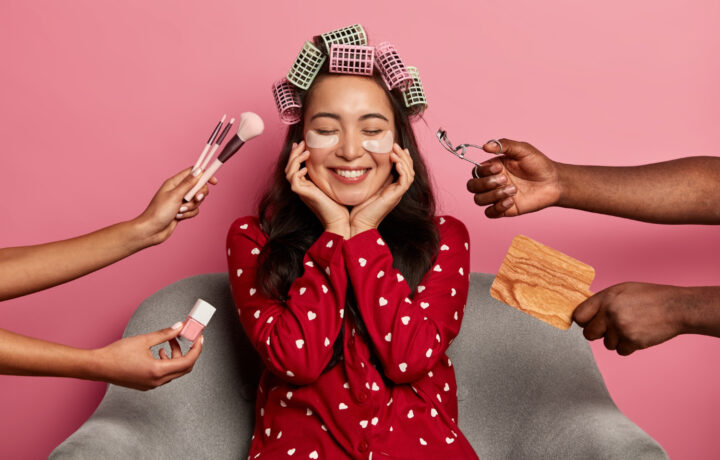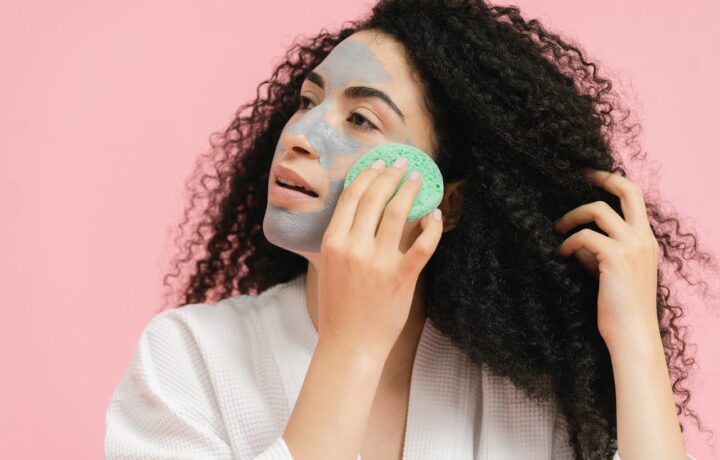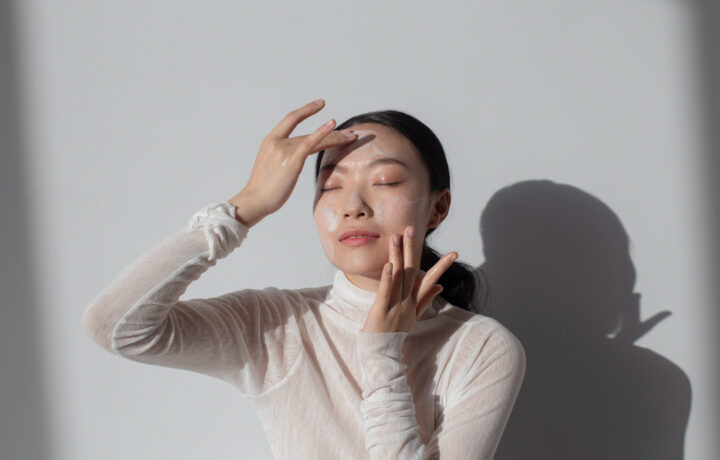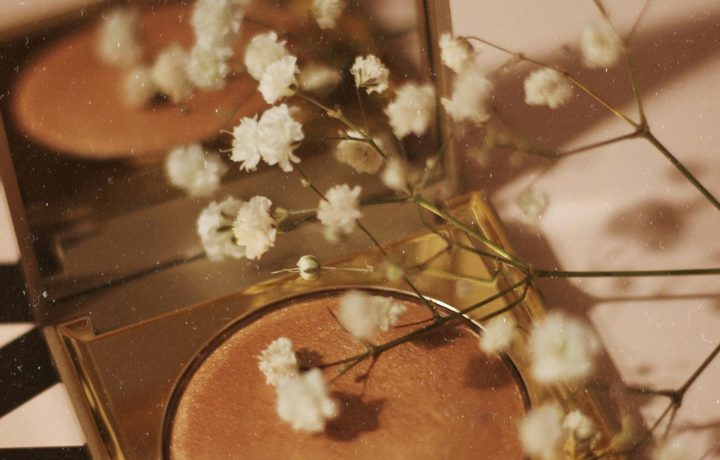Acne is a skin condition that affects the face and can be found in millions of people worldwide. But on the other hand, Acne is a problem that can be treated and even avoided entirely, which is promising news. This blog will explore treatments for Acne and preventative actions to get more precise, healthier skin.

Regularly Cleanse
Acne prevention starts with clean skin. To eliminate oil, grime, and impurities from your skin, use a gentle cleanser twice daily, morning and night. Avoid strong scrubs and cleansers that irritate skin and aggravate Acne.
Use Non-Comedogenic Skincare Products
Non-comedogenic products don’t clog pores, preventing Acne. Moisturizers, cosmetics, and sunscreen should be non-comedogenic, oil-free, or water-based. These products won’t induce breakouts or worsen Acne.
Don’t Touch Your Face
Our hands touch many surfaces during the day, spreading dirt and bacteria to the face and perhaps causing Acne. Avoid touching your face to avoid obstructing pores and spreading bacteria.
Exfoliate Regularly
Dead skin cells can clog pores and cause Acne, so exfoliate once or twice a week. Avoid over-exfoliating, which can dry and inflame the skin, and use a mild exfoliator.
Acne-Fighting Components
Use skincare products with acne-fighting ingredients like benzoyl peroxide, salicylic acid, or tea tree oil. These compounds can reduce bacteria, clogged pores, and acne inflammation. Use them as advised, and be careful if you have sensitive skin because they can dry or irritate it.
Don’t Pick Your Acne
Picking, popping, or squeezing Acne is appealing, but avoid it. Inflammation, infection, and scarring can result. If you need to extract a pimple, use clean hands or tools or contact a dermatologist.
Diet Control
Certain meals can aggravate Acne or cause outbreaks in some people. Avoid processed, sugary, and fatty foods. Instead, choose a balanced diet of fruits, vegetables, healthy grains, and lean proteins.
Hair Clean
Keep your face free of hair that is oily. The presence of oil in the hair can lead to clogged pores and Acne.
Get Help
A dermatologist should be consulted if home therapies fail to treat severe Acne. Depending on your acne severity, they may prescribe topical or oral antibiotics, retinoids, or hormone therapies.
In conclusion, curing Acne and preventing it from occurring again requires adjusting a person’s skincare routine and lifestyle. Keep in mind that you should combine these ideas, as well as the fact that everyone’s skin is different.




